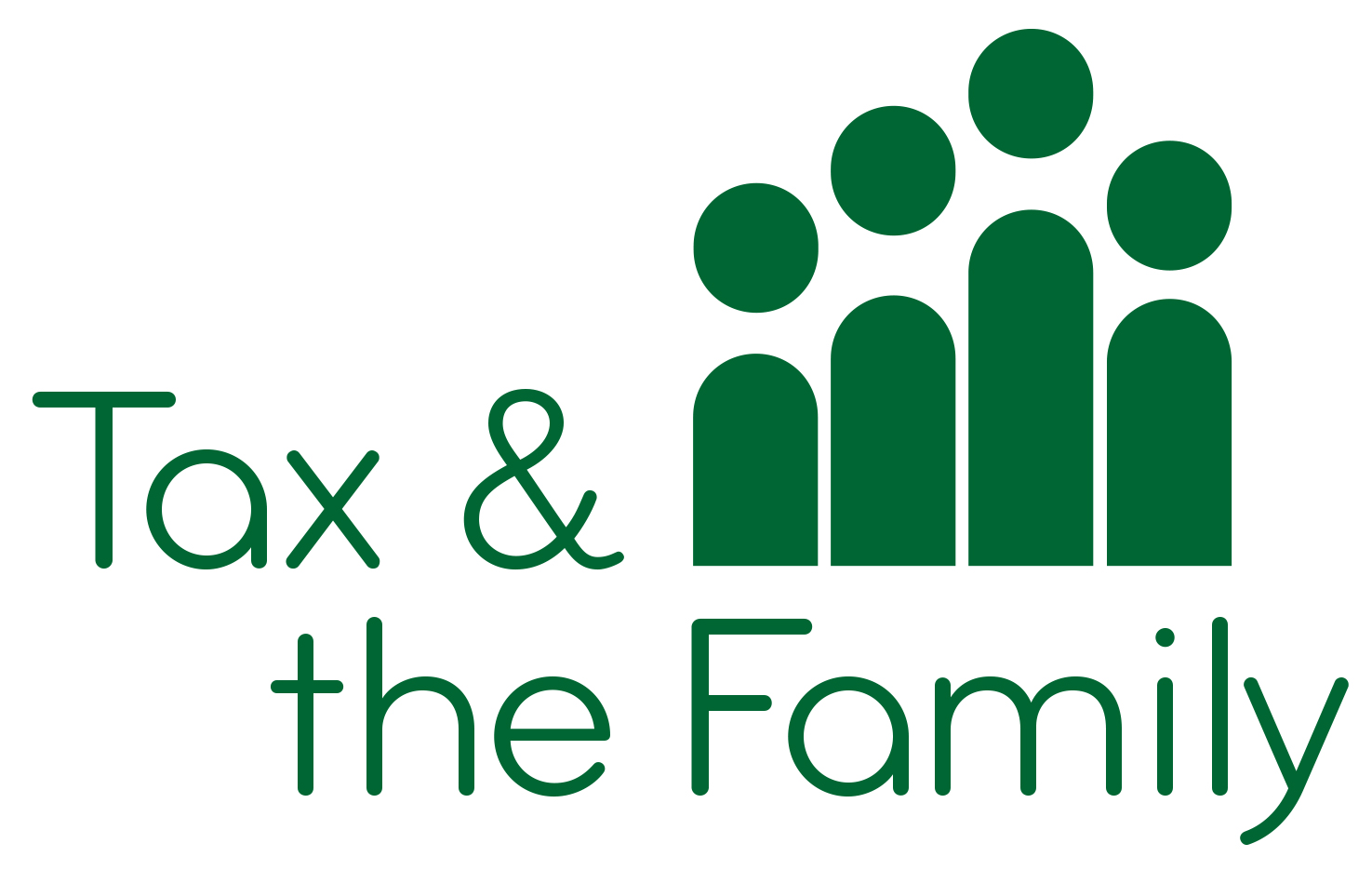The Autumn Statement does not do what we have been told
Families will welcome the cut in the national insurance contribution (NIC) rate from 12% to 10% from 6 January 2024: with income tax at 20% that will mean a combined rate of 30%. The Chancellor said that this will provide a tax cut for 27 million working people, with the average worker on £35,400 receiving a tax cut in 2024-25 of over £450.
However for the substantial number of families who both pay tax and nic but are entitled to universal credit, the tax saving will be much smaller than the Chancellor said. This is because the cut in nic increases their income for universal credit purposes with the result that the amount they receive is reduced. For them the overall saving will be less than half of that - £203.
For them their effective tax rate will be 68.5% - not 30%. The Treasury say they want to make work pay. However, if they are still going to take back over 68% of any extra earnings, people already in work have very little incentive to work harder. The high marginal rate which so many in work families face must be holding back growth. Although this may be difficult to quantify, it may be having a greater supply side effect than the welfare system.
From 1 April 2024, the National Living Wage (NLW) will increase by 9.8% to £11.44 an hour with the age threshold lowered from 23 to 21 years old. This, the Treasury say, represents an increase of over £1,800 to the annual earnings of a full-time worker on the NLW. However, for those with a 68% marginal rate the increase is only £567. A worker being paid £11.34 for a 35 hour week will be earning £20,820. Anyone being paid at the new NLW will be paying income tax and NI if they are working more than 22 hours a week: if they are entitled to universal credit their marginal rate will be 68.5%. If they are working less than 22 hours a week (and there is no other household income) their marginal rate will be 55% and for them the increase in the NLW may amount to only £535 a year.
Single income households will gain less than two income households from the cut in NIC. Tax and the Family say that any tax cuts that the Chancellor could have afforded should have been focused on families with low household incomes who are under the greatest pressure from the increase in the cost of living. The tax cut should have been on these households, those with children.
Tax and the Family are also disappointed that the Chancellor has chosen not to deal with the grossly unfair High Income Child Benefit Charge which, because of inflation, applies to so many families with low household disposable incomes.
